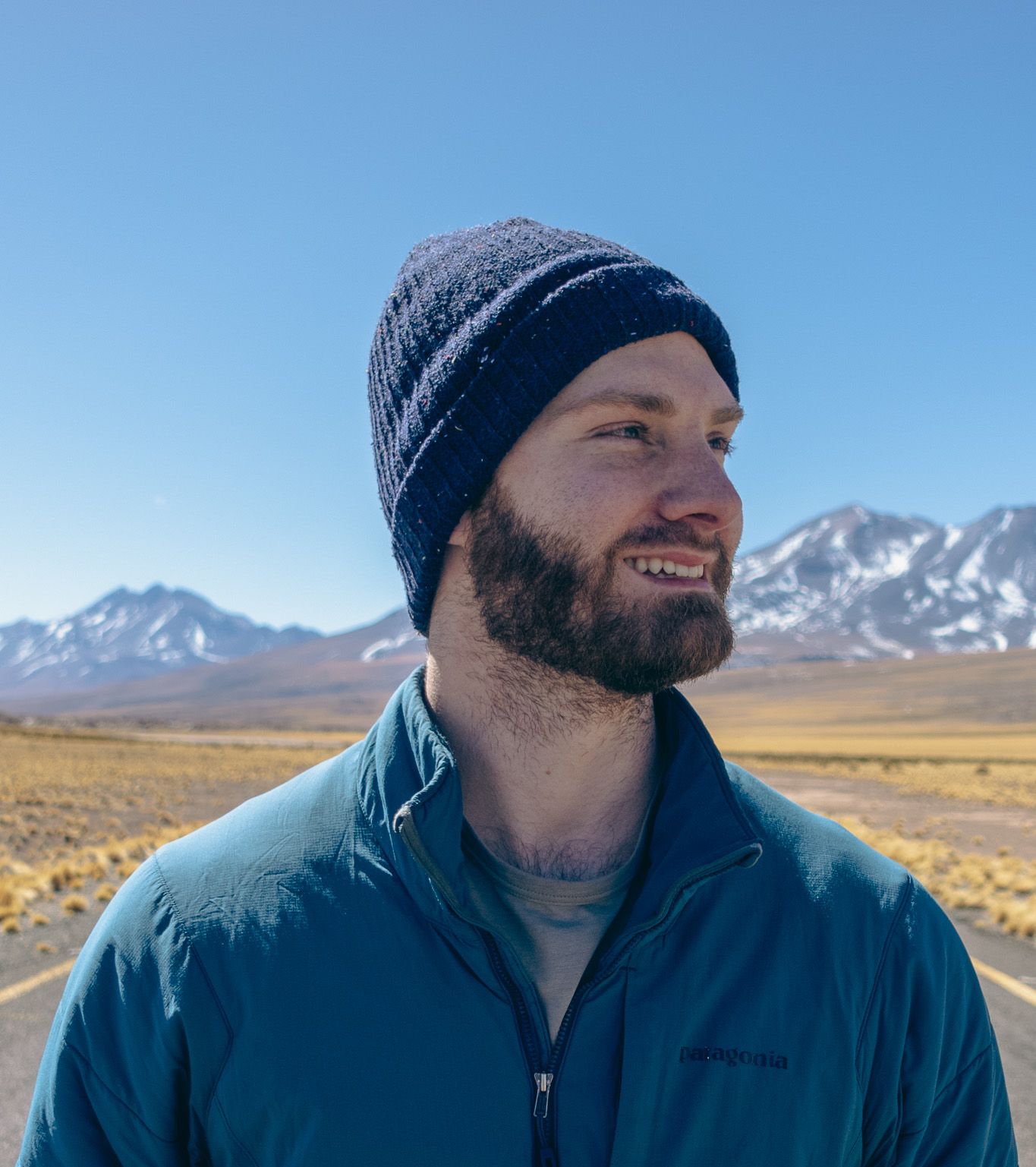TDG #020: On A.I. and Travel (Part 2)
Accelerating existing trends.

Hello there friends,
Last week I sent out part one of my two-part series on A.I. and travel, where I mostly chronicled my experience using ChatGPT to take me around Madrid for the day. This week is a more philosophical take on the matter.
Before we get into anything, let me be clear that I am not an A.I. expert by any stretch of the imagination. The nuts and bolts of how it all works is far beyond my decidedly averaged-sized brain. So rather than pretend to be an expert on the subject, I'll keep my comments to how I think the technology of A.I. will impact how we explore the world.
When I first started traveling, I would do a tremendous amount of research about wherever I was going - what to see, what to eat, what to drink, etc. I would scour the internet's websites, blogs, and reviews, cross-referencing them at every stage, assuming that if a restaurant/activity/hotel/whatever appeared across multiple places, that would be a sign of quality. In a way, I was making my own mental model of a place, devoid of substantive knowledge and only possessing information derivative of someone (or something) else.
But as I got a little more, er, weathered in my travels, I found that this kind of research led me to a somewhat hollow trip. I stood in line at some museum, elbow-to-elbow, with folks who had read the same blog. At every restaurant, I sat next to other "foodie" (ugh, kill me) tourists who read the same Eater list of the best restaurants in the city. I’d take and post the same pictures. And at the end of it, my trip didn't feel much different than anyone else's; it didn't feel uniquely mine.
Once I started making stuff online, I began to see why this was happening - photographers, writers, videographers, etc., are incentivized to create easily digestible content, rewarded by whatever algorithm their platform uses to surface their content. It could be Google search results for bloggers, Instagram's discovery page for photographers, YouTube's suggestions, or a combination of them all. Platforms push creators to make stuff that is acceptable to the aesthetic and cultural average. It's why so much of our collective internet culture has this eerily similar sameness to it these days.
As a result, you get the type of travel-related content you're so used to seeing on the internet - "the top 10 things to do in London," or "Add this place to your summer bucket list," and so on. It takes me approximately 2 minutes to go on major social platforms and find underwhelming videos about the best things to see in Rome or Paris. The fucking Colosseum? The Eiffel Tower? Stop. If you want me or someone else to tell you to see the Eiffel Tower when you're in Paris, you can probably stop reading this right now. Any other suggestions I have won't be any good to you.
But as the algorithmic feeds started to reward this type of content, the creator's only option was to play by the same rules. Anecdotally speaking, whenever I make those videos, they tend to perform better on average - that sweet dopamine drip of views and likes is too hard to ignore. We've already seen how this has played out over the last few years in a travel context - we all see the same types of videos and photos on our social media feeds, which influences where people go.
A.I., at least its current iteration, is going to exacerbate this problem. It will be used to create content and internet fodder faster than we can keep up. It's already started. We were already flooded with this type of stuff before, and it will only get worse. This really does feel like the start of Average Garbage Forever.
When I used ChatGPT in Madrid, it gave me a pretty average itinerary - it was supposed to. And I don't know where it was sourced from, but in a way, it doesn't matter. I could've searched Google or any social media platform and put together the same itinerary (albeit with a few more clicks).
On A.I. more generally...
A few weeks ago, Craig Mod referenced an old New Yorker piece by John McFee in his newsletter. After reading it, Omission feels pertinent to the A.I. discussion. Here's a snippet:
"Writing is selection. Just to start a piece of writing you have to choose one word and only one from more than a million in the language. Now keep going. What is your next word? Your next sentence, paragraph, section, chapter? Your next ball of fact. You select what goes in and you decide what stays out. At base you have only one criterion: If something interests you, it goes in—if not, it stays out."
This essay was about writing (and art), but the act of selection is also about life. How and why something is made, done, or chosen - or not chosen - matters deeply. Over the next few years, the ubiquity of A.I. will inevitably infringe on the agency of our selection. We’ll go from being active participants to passive consumers of the world. Whether or not we're okay with that feels like the most salient question in the whole conversation.
As always, I appreciate the time you take out of your day to read through my ramblings.
Cheers,
Skylar
